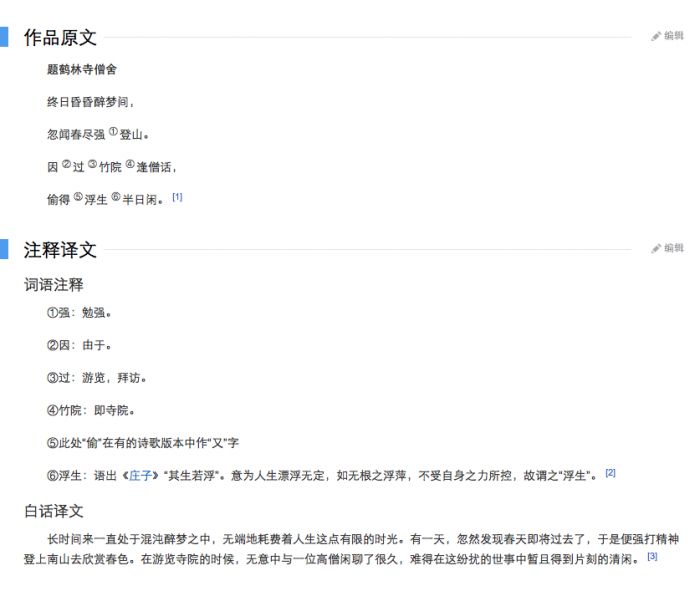

附件 1 :Screen shot 2016-08-17 at 10.30.06 AM.png (2016-8-16 19:31, 94.62 K )

 ) it is a good poem, I deem Lu would fain come up with his superb version... I reckon "felt" might be good... Hmmm
) it is a good poem, I deem Lu would fain come up with his superb version... I reckon "felt" might be good... Hmmm


 ) it is a good poem, I deem Lu would fain come up with his superb version... I reckon "felt" might be good... Hmmm
) it is a good poem, I deem Lu would fain come up with his superb version... I reckon "felt" might be good... Hmmm 











 your honey may be deadly poison to others. I am looking forwards to seeing different versions.
your honey may be deadly poison to others. I am looking forwards to seeing different versions.| 欢迎光临 伊甸文苑 (http://www.yidian.org/) | Powered by Discuz! 2.5 |